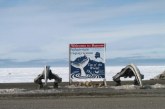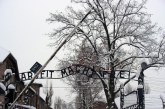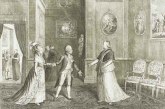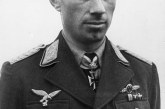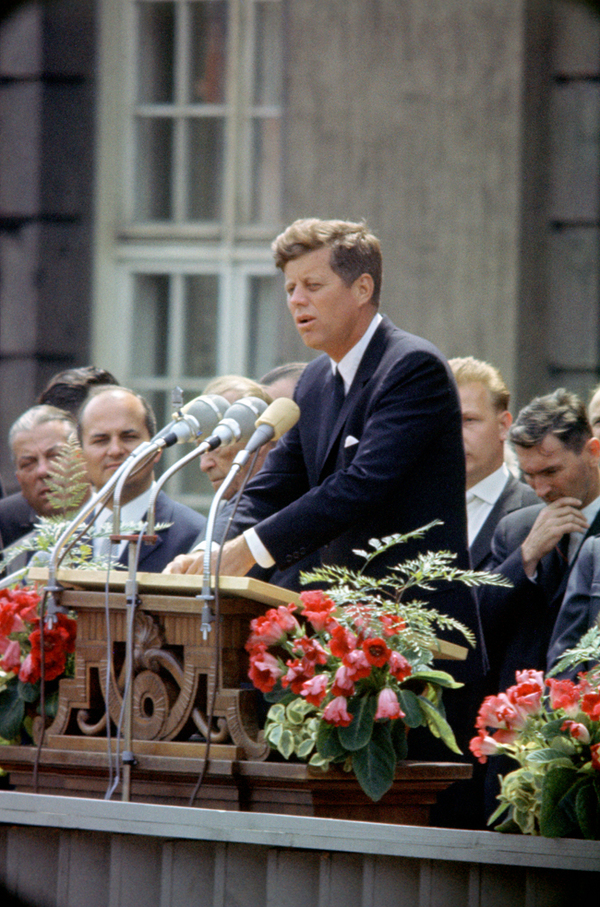
Kennedy’s visit to Berlin was an expression of support for the local population, which found itself surrounded on all sides by the recently built Berlin Wall.
On June 26, 1963, US President John F. Kennedy gave one of his most famous speeches in West Berlin. It was a protest against the East German-Soviet construction of the Berlin Wall. Namely, after the construction of the Wall, West Berlin became a kind of enclave within the East German territory. Kennedy’s visit to the city was an expression of support for the local population, which found itself surrounded on all sides by the Wall. Kennedy pointed out in his speech: “Today, in the free world, the proudest exclamation is: Ich bin ein Berliner!” That phrase, which Kennedy deliberately uttered in German, has become legendary and has been quoted countless times.
Linguistic purists criticized Kennedy for using a grammatically incorrect term ein in a sentence, so that “Ich bin ein Berliner” actually means “I am a donut” (Berliner is the name for a donut in some parts of Germany, such as Frankfurter is the name for a sausage, and not to mention Hamburger). Yet most analysts today agree that the people of Berlin understood Kennedy’s words correctly and that they did not provoke laughter but pride. About 450,000 people watched and listened to the speech live. After Kennedy’s assassination, the square where the speech was given was renamed John-F.-Kennedy-Platz, and is still called that today.

